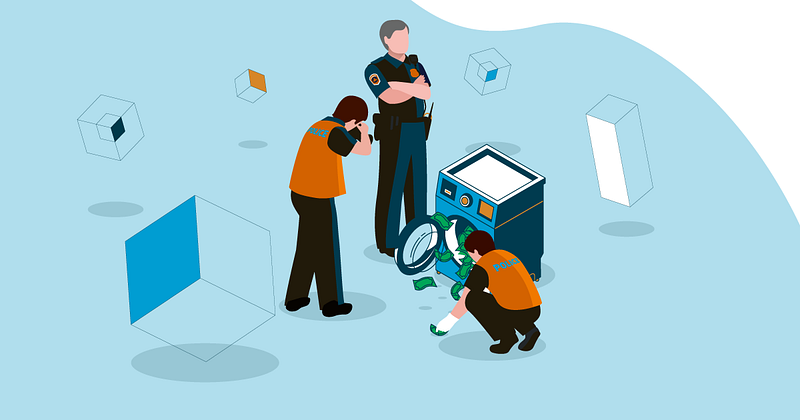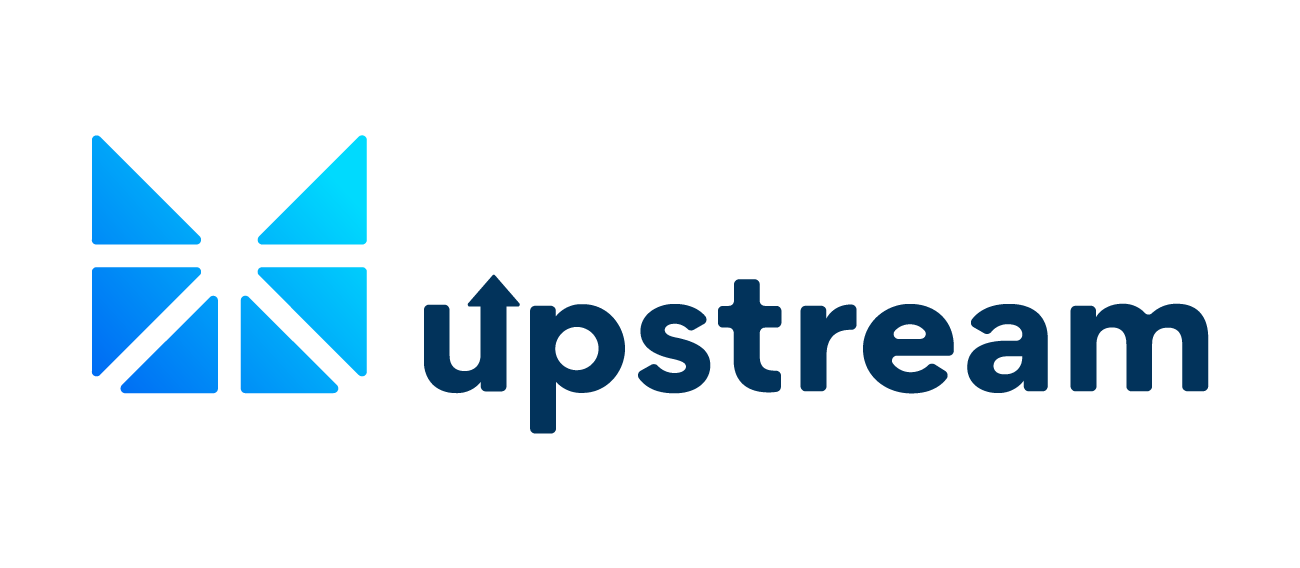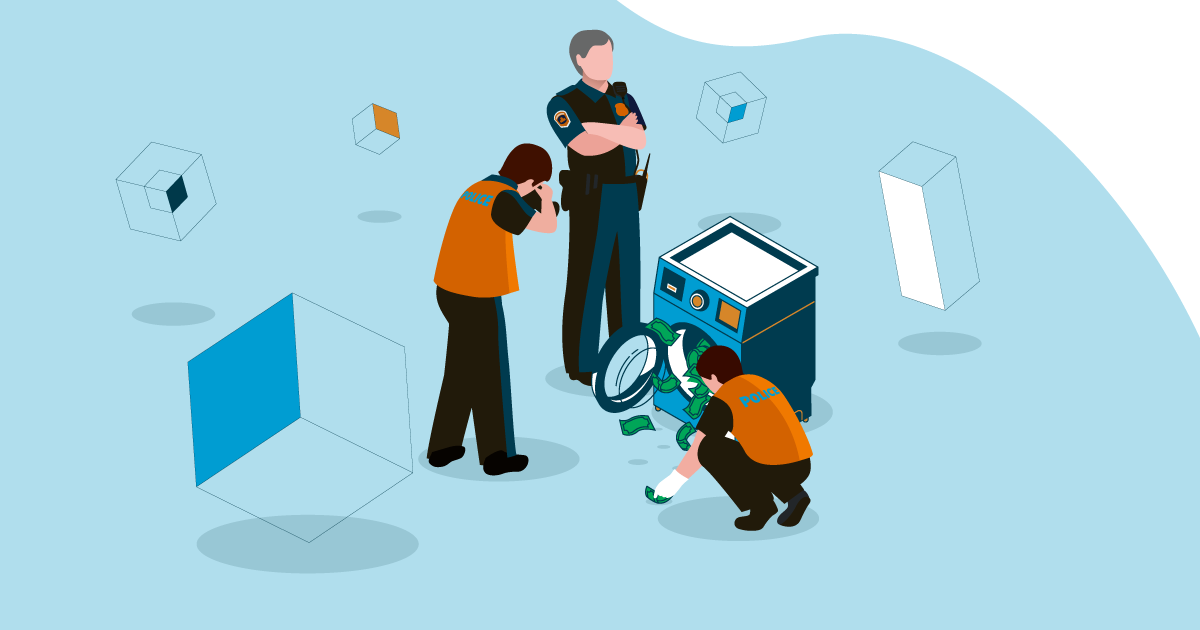
By Vanessa Malone
Money laundering has reached a new level of sophistication in today’s digital age, with criminals finding new ways to utilize the internet and conceal the origin of illegally obtained funds every day.
The blockchain introduced a new anti-money laundering (AML) hurdle — the ability to make transactions to anyone in the world anonymously. With growing popularity for trading cryptocurrencies such as Bitcoin, Ether, and other altcoins, it was really only a matter of time before the authorities stepped in to organize the chaos.
Laying down the AML law
In the US, both FINRA and the SEC’s Office of Compliance Inspections and Examinations (OCIE) labeled AML compliance as a high priority for 2019, with the OCIE stringently examining AML compliance programs in place to see if they’re up to par.
Globally, all eyes were recently on the Financial Action Task Force (FATF), an inter-governmental body established in 1989 to bring about international legislative and regulatory reform to combat money laundering and terrorism financing.
Their amended AML Recommendations came out on June 21st and requires all VASPS (Virtual Asset Service Providers) to be regulated for AML purposes and to monitor and report suspicious activities to relevant bodies. To learn more about the debate and the implications the rules have on the blockchain community, you can read our blog on the subject here.
The irony
Ironically, the same technology that introduced anonymous transactions and the massive debate around who is responsible for AML can also work to aid anti-money laundering efforts across all industries in incredible ways. We know this because we’ve seen it at work. The Horizon team built AML screening software called AMLCop on the Ethereum public blockchain to enhance AML efforts for both traditional capital market and blockchain market participants.
We’ve found many benefits surrounding efficiency and accuracy but the two greatest benefits we’ve found from our Ethereum-enabled AML software are transparency and compliance.
Transparency
Records of all AML transactions are stored and immutable on the blockchain, in Horizon’s case we use the Ethereum public blockchain. These records provide timestamped records of when an individual was cleared and who cleared them after being run against the AML software. As the nature of a public blockchain, the data can not be tampered with. This allows for detailed and accountable reporting which is always available for internal checks or any regulatory oversight that may happen.
Compliance
According to a 2018 report from LexisNexis Risk Solutions, U.S. financial services firms spend an estimated $25.3 billion per year on AML compliance. This number is only getting higher as money laundering continues to take on new forms. Existing compliance programs, especially for smaller firms, are generally outdated and don’t keep up with the technology used for illicit behavior. They also often result in the duplication of work. AML software paired with the blockchain can be greatly reduce these inefficiencies. Firms can maintain detailed reports of manual review times, scheduled audits, and other transactions on the blockchain. Using smart contracts can also work to automatically enforce new or changing regulations.
Conclusion
The use of advanced AML software has reached the point of necessity more than a convenient “check the box” burden. Our goal at Horizon was to make a cost-effective, advanced solution using blockchain technology that can be added to a company’s AML compliance program. To learn more about AMLCop, please visit us at amlcop.com.

